The FORUM is a successor to the Seminary of the 3rd Age and continues to offer a unique opportunity to explore issues which challenge people of faith personally and are of concern to the church and its mission in the 21st century. Each FORUM topic will be presented by a thought-provoking presenter who will encourage those present to reflect on their own faith journey.
The FORUM will be launched by Rev Dr Sean Gilbert on 1st February 2024 and will then continue to be held at 7 pm on the first Thursday of each month throughout 2024.
WHERE
Effective Living Centre, 26 King William Road, Wayville, SA.
WHEN
On the first Thursday evening of each month from February to December 2024, from 7pm– 8:30pm.
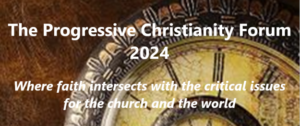
1 February
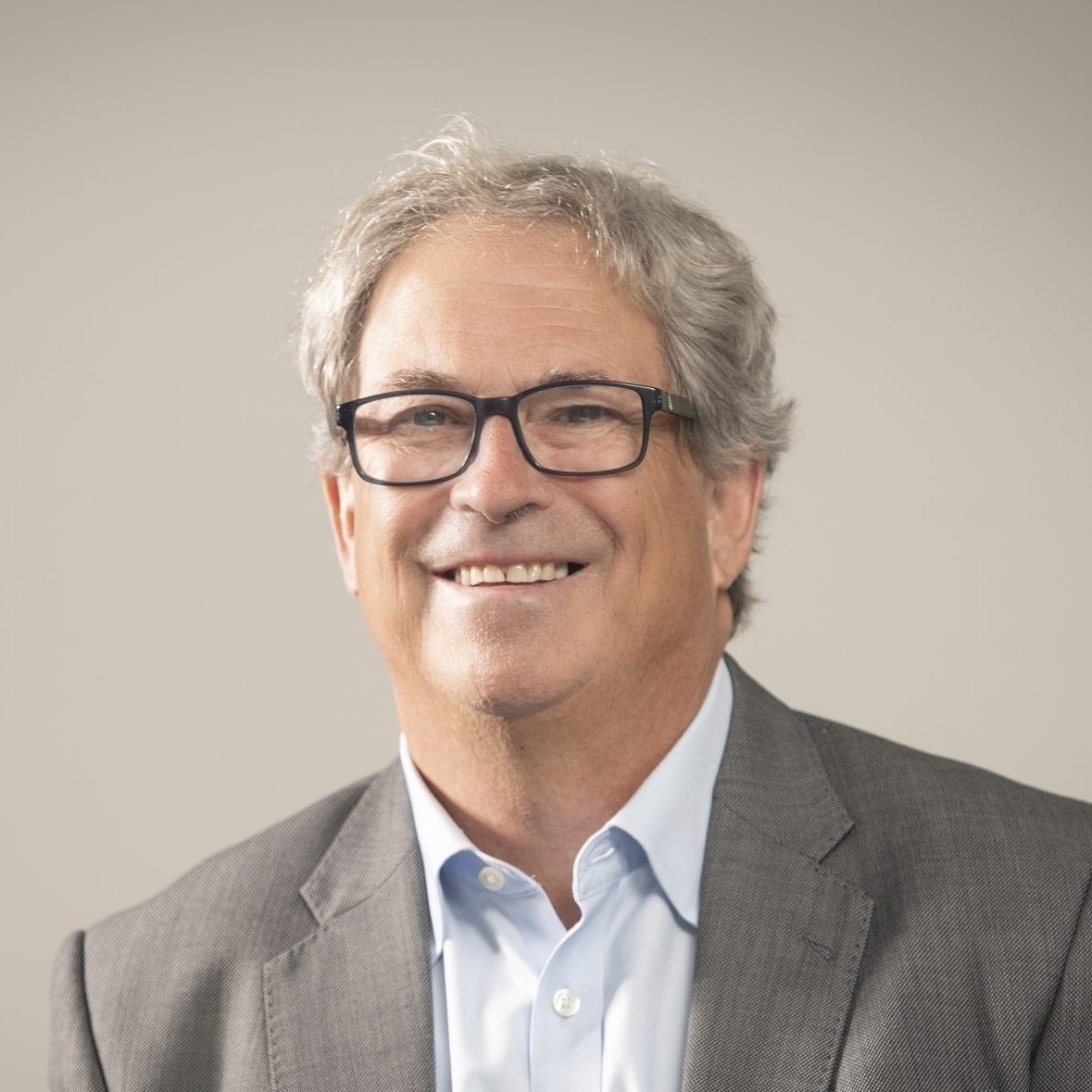
Rev Dr Sean Gilbert
ABOUT SEAN
Sean is a Uniting Church Minister whose first parish was at Karoonda. As long serving minister of Christ Church Wayville, he played a significant role in the establishment of the Effective Living Centre (ELC) and shared in the facilitation of the visit of the late Bishop Shelby Spong to Adelaide. This event led to the formation of the Progressive Christianity Network of South Australia (PCNet). Sean currently lectures in Ministry Practice, oversees Field Education and supervises post graduate students at the Uniting College for Leadership and Theology. He gained the Flinders University Vice Chancellor’s award for excellence for his Doctoral Thesis Excellence on the topic ‘Spiritual Affections and the Pastoral Disposition’.
TEASER
Acquired religious knowledge can readily become a badge of honour, therefore a barrier to genuine conversation. Wisdom, on the other hand, depends upon a depth of attentiveness and, as St Benedict suggested, a deep listening with the “ear of the heart.” A truly grounded wisdom, not abstracted knowledge is surely the way forward for any movement or grouping within the Christian Church at present. Indeed a wisdom open to the voice of country, its First Peoples and the Christian tradition as a whole; an expansive path, not a narrowing one.
7 March
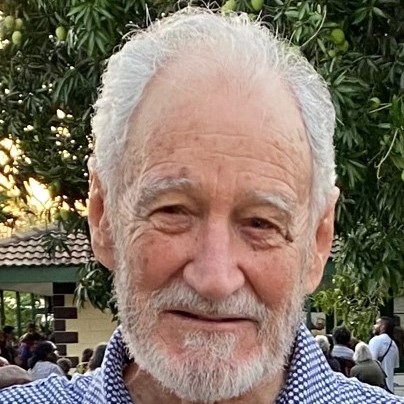
Rev Dr Jonathan Barker
ABOUT JONATHAN
Jonathan has served churches across all Australia. Experienced in Community Development first in Chicago then when resourcing the Department for Social Welfare’s Community Councils of Social Development he has integrated this experience into ministry practice. Examples are working with the Mowanjum Aboriginal community in the Kimberleys in its transition from being a “Mission” to managing its own life and when ministering with the homeless in Bondi Beach. As an educator he taught courses for the Lay Education Centre, Parkin-Wesley College and UTC Sydney. He was the Assistant Principal at Nungalinya College, Darwin. His retirement interests include integrating theology with social praxis and support for an informed appreciation of First Nations’ peoples. He is an active as a member of the Unley Uniting Church. His doctorate from the Graduate Theological Union, Berkeley, California is on a theology of social transformation.
TEASER
This presentation was originally given at a forum organised by the South Australian Anthroposophical Society in March 2023. It proposes that there are key issues which have to be addressed if life on earth is to survive. Never before has the whole of the world been subjected to the same forces, which threaten its very existence. Yet the implication of living in an Anthropocene epoch is that we can not only recognise and name these threats, they can also be addressed and different ways forward forged which can save life on earth. There are five key words which frame this presentation: globality, hybridity, absolutism, chosenness and religion. Be teased by the last sentence. Humanity’s future challenges us to forge a new overarching mythology which binds us together as a global family and transcends the reduced, life denying forces with a spirituality, and energy which reconciles, restores and unites us to live a common future – all creatures of the life-giving mother earth.
4 April
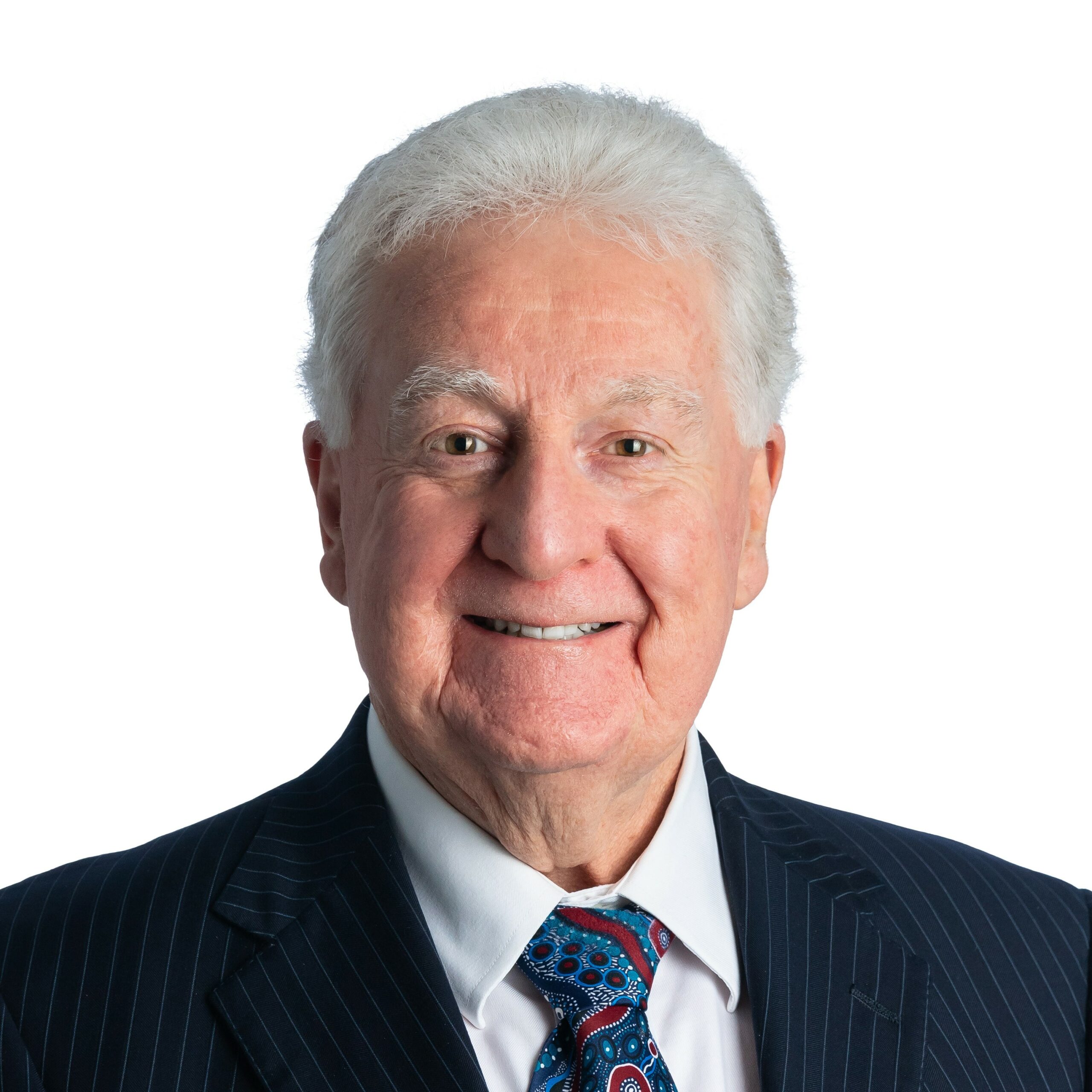
Kym Bills
ABOUT KYM
In semi-retirement since 2019, Kym is completing a PhD and is a Visiting Research Fellow at the University of Adelaide School of Public Health. A former economist and diplomat, Kym was a career Canberra public servant from 1978 including as foundation head of the Australian Transport Safety Bureau (ATSB) from 1999 to 2009. He was employed by the CSIRO in Perth from 2011-2018 as CEO of a research joint venture. He first studied theology in 1981-82 as a graduate student in Oxford and completed a part-time Master of Ministry in 2005. In the Anglican Church he has been a school and tertiary board member, a lay examining chaplain and parish chair. His UCA congregation membership is at Christ Church Wayville where wife Anne is 5th generation and married Kym in 1991, where both their daughters were baptised, and where Kym is a regular worship leader and lay preacher. In early 2023 Kym joined the PCNetSA Task Group and has written a number of book reviews examining contemporary Progressive Christianity (eg: https://pcnetsa.org/2023/11/06/new-book-reviews-2/).
TEASER
While many will be aware of the early contributions to Progressive Christianity by key figures such as Bishop John Spong and Marcus Borg, the diversity of more recent contributions is less well known and goes beyond biblical studies to include spirituality, worship and the arts. Progressive Christianity also embraces the wonders of new scientific discovery, environmental stewardship, and social justice. Kym will outline some of this more recent work and its contributions. However, some writers aligned with Progressive Christianity, such as in the UK and Canada, have moved beyond open questioning and discussion to propose more dogmatic versions of atheism that Kym will suggest is unhelpful.
2 May
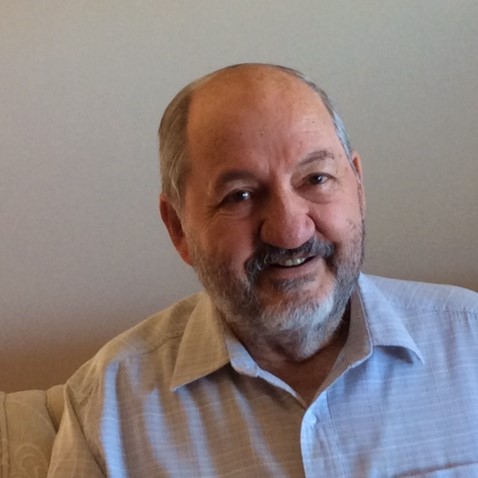
Rev Esmond Dowdy
ABOUT ESMOND
Esmond grew up in Wolseley in the South East, and began his working life as a secondary maths and science teacher. A call to ministry in the late 60s saw him training at Parkin-Wesley College, then serving in parish ministry in the Uniting Church, celebrating 50 years of ordination in 2023.
In 1977 he moved into Higher Education where he worked for nearly 30 years at UniSA as the Manager of Student Services across 5 campuses ― managing a wide range of personal and practical services in areas that impacted student learning. During this time, he completed a Masters Degree in Social Science (Counselling).
In retirement from 2010, he has been actively involved in supporting refugees, in Progressive Christianity, in ministry, and widely travelling. Meredith, his wife of 56 years, is a musician, and they have 5 children, and 8 grandchildren.
TEASER
In recent years there has been a noticeable shift in attitudes towards spirituality, what some call a ‘spiritual awakening’ and others a ‘spirituality revolution’. This transformation is characterised by a departure from traditional religious structures, old-style religion, and a growing interest in new patterns of faith, in spiritual practices geared towards a more personal and experiential engagement with the sacred.
In this session we will explore the concept of spirituality, its emergence, features, various forms of expression, and significance. We will consider the collective yearning for meaning, purpose and balance in an increasingly complex and interconnected world, and the notion that as more people engage in this transformative journey, the ripple effects have the potential to shape a more conscious, compassionate and spiritually enriched world.
6 June
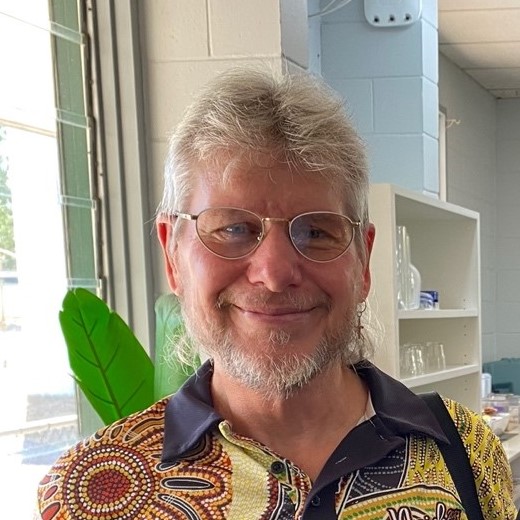
Rev Dr Lee Levett-Olson
ABOUT LEE
After living in North and South America, Lee Levett-Olson was ordained by the Presbyterian Church in the USA on behalf of the Uniting Church in Australia. After placements in South Australia, he became Principal (Assembly National Director) of Coolamon College. Then in 2008 Lee was appointed as Principal of Nungalinya College and has served in the Northern Synod for 11 years, which included chairing two Presbyteries and contributing to many justice briefings for the UCA. His PhD thesis was an early work of eco-theology, focused on an understanding of the divine that could support ethical action for creation. He has researched climate change for over fifty years. Nungalinya deepened his understanding through two-ways learning with Indigenous elders. While retired, Lee remains committed to social activism and justice issues proud of the heritage of Protest core to the DNA of the Uniting Church.
TEASER
What we believe about God’s connection to the cosmos has a direct impact on how we act as Christians within the world. The unfolding reality that human impact can irreparably destroy the earth and its creatures is clear evidence that traditional views of transcendence and the divine have failed us. In my PhD thesis I explored three philosophers who independently proposed radical alternatives towards the classic view of the divine-cosmic relationship. In this presentation I will set out some key points of these alternatives and how Christians in general and the UCA in particular are theologically obligated to live by an ethos that defends creation, preserves future generations, learns deeply from ancient wisdom, and leads – not lags – spiritual activism for our planet and all its creatures. As William Blake teaches, “everything that lives, is holy.”
SUGGESTED READING
It would be useful if participants could be familiar with the opening section of the UCA Basis of Union, and an ecumenical manifesto: The Rights of Nature and of Future Generations, adopted by the Assembly way back in 1991.
4 July
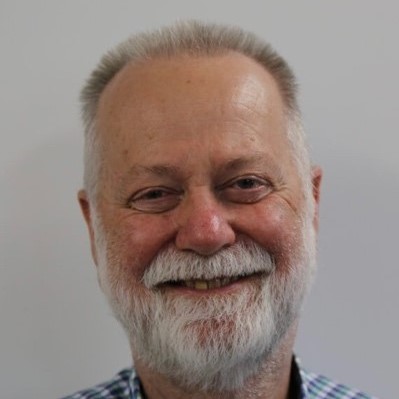
Mark Waters
ABOUT MARK
Mark’s lifetime passion for social work includes serving the Hindley Street Youth Project, Reconciliation SA and Palliative Care South Australia. In the 2000’s he was employed at Uniting Care Wesley Port Adelaide as Manager of Employment Access (EA) supporting people with mental health issues to have supported employment. Mark is a life member of SACOSS and helped to establish the Health Consumers Alliance in S.A. For over 40 years he has been involved in local congregations. He continues to support First Nations aspirations and is currently active on the Synod of South Australia Covenanting Committee. Mark remains active as an advocate for CALD (cultural and linguistic diversity), consumer health, young people, mental health, social policy, and workforce skills training.
TEASER
Watch this space!
1 August
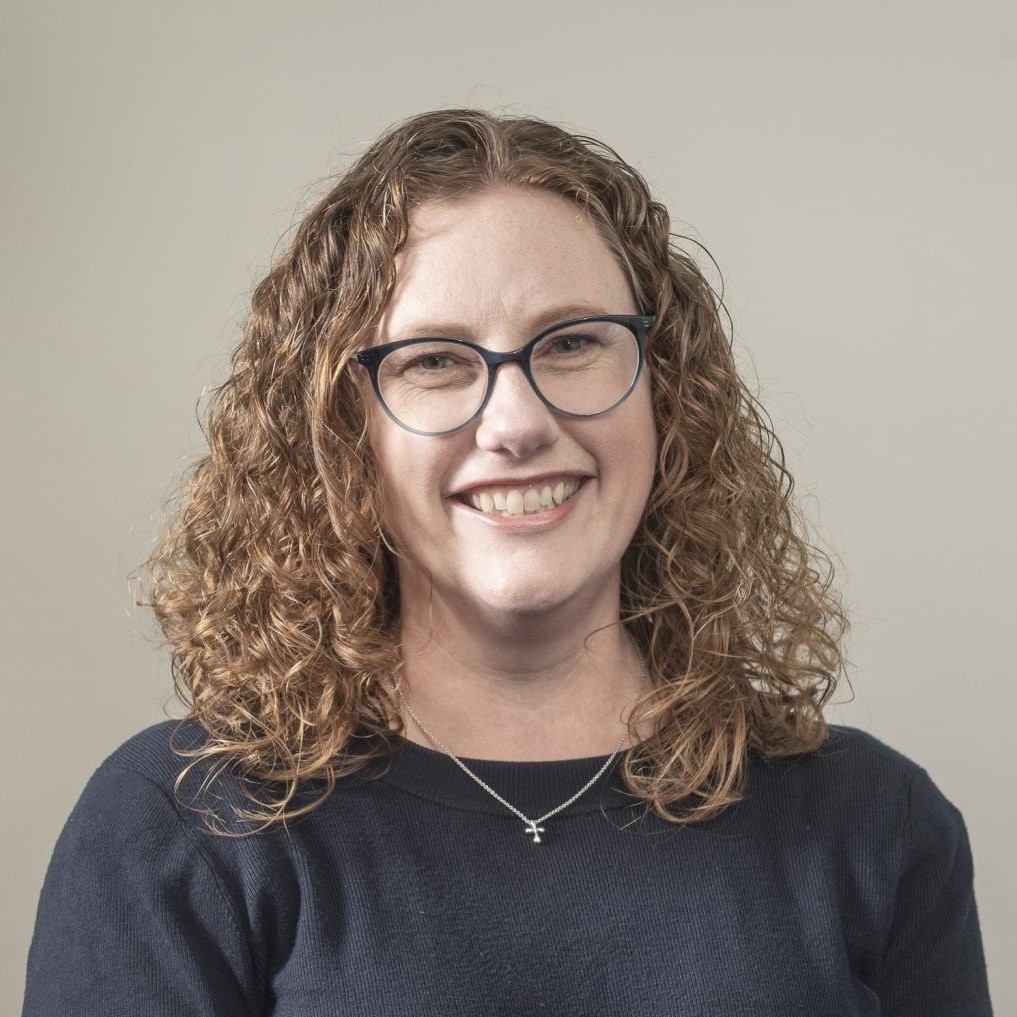
Rev Jenni Hughes
ABOUT JENNI
Watch this space!
TEASER
Watch this space!
5 September
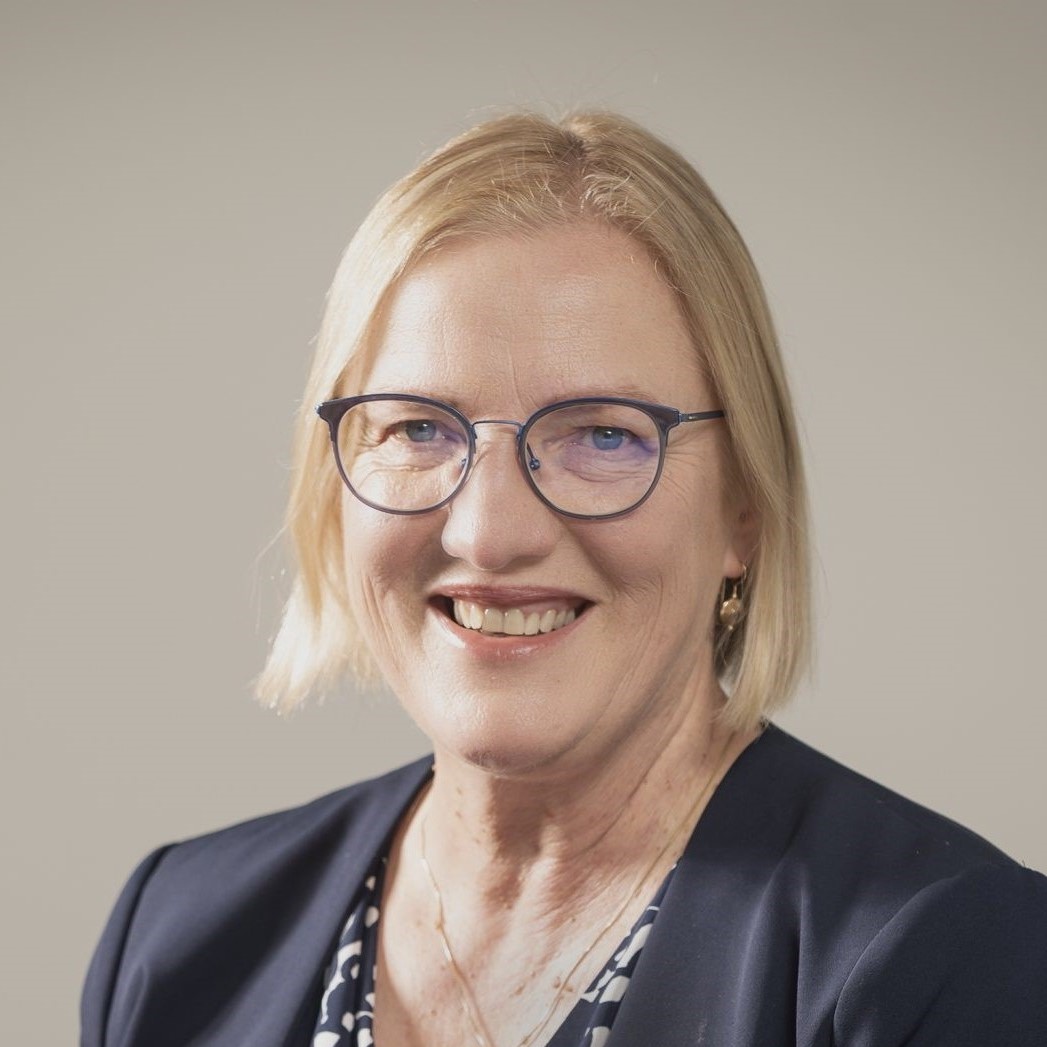
Rev Prof Vicky Balabanski
ABOUT VICKY
Watch this space!
TEASER
Watch this space!
3 October
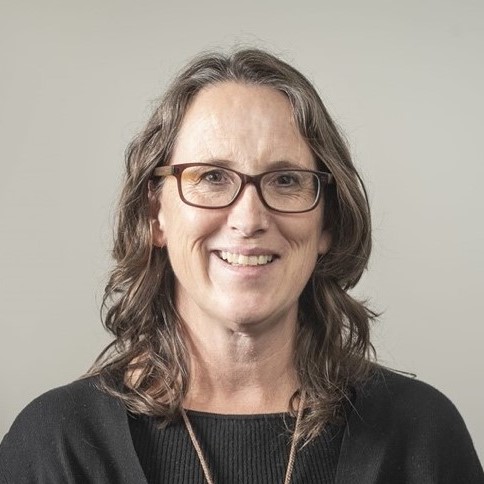
Dr Rosemary Dewerse
ABOUT ROSEMARY
Watch this space!
TEASER
Watch this space!
7 November
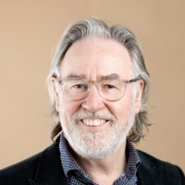
Fergus McGinley
ABOUT FERGUS
Watch this space!
TEASER
Watch this space!
5 December
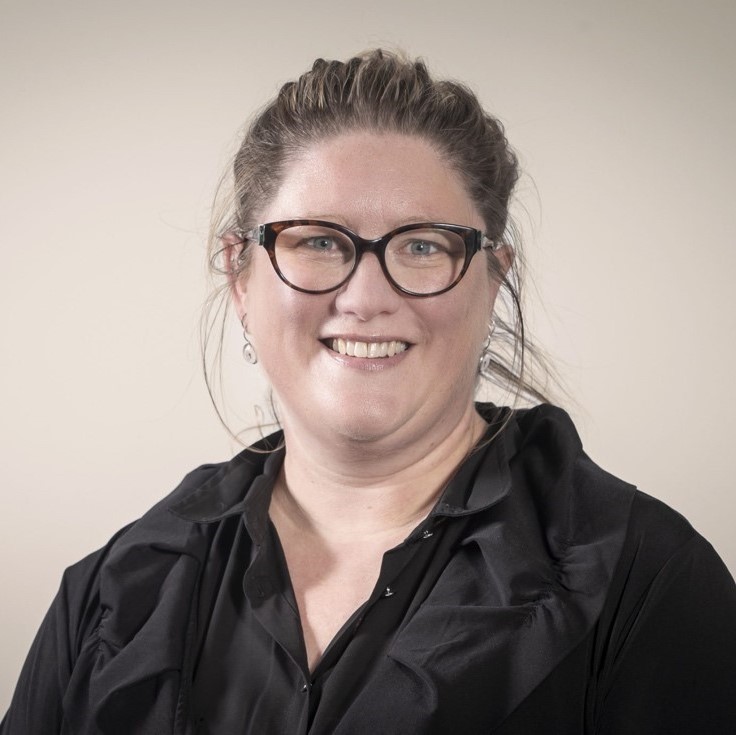
Rev Dr Sarah Agnew
ABOUT SARAH
Watch this space!
TEASER
Watch this space!
